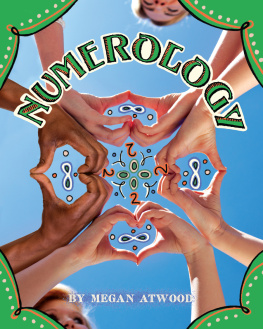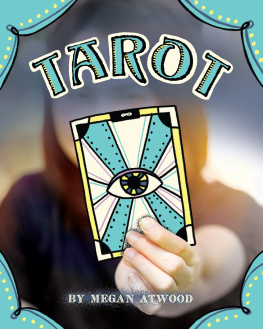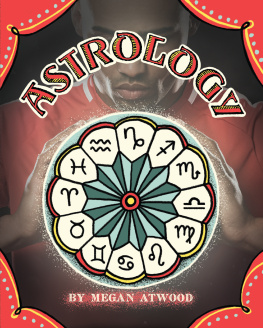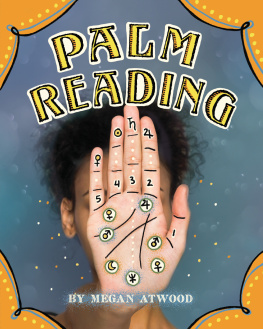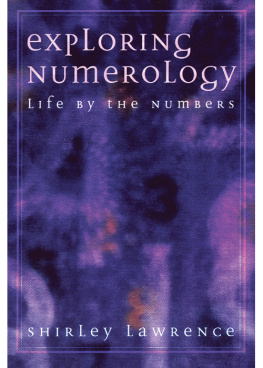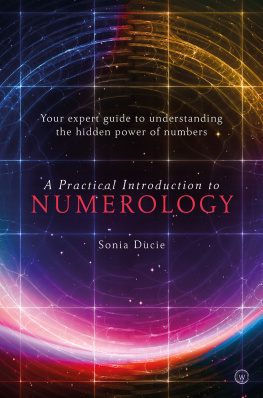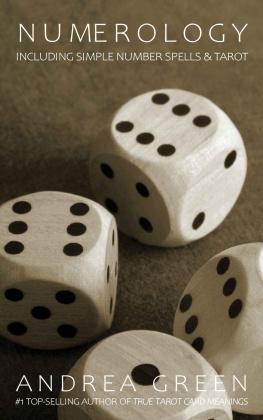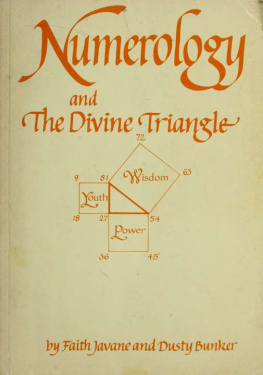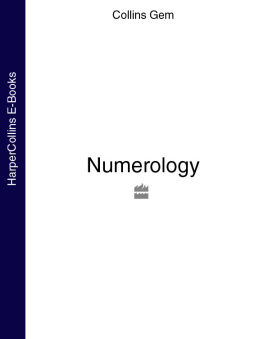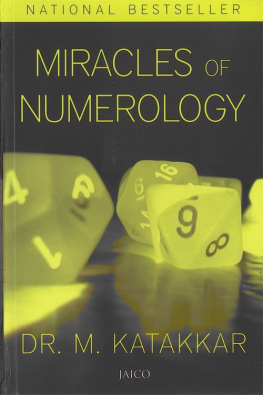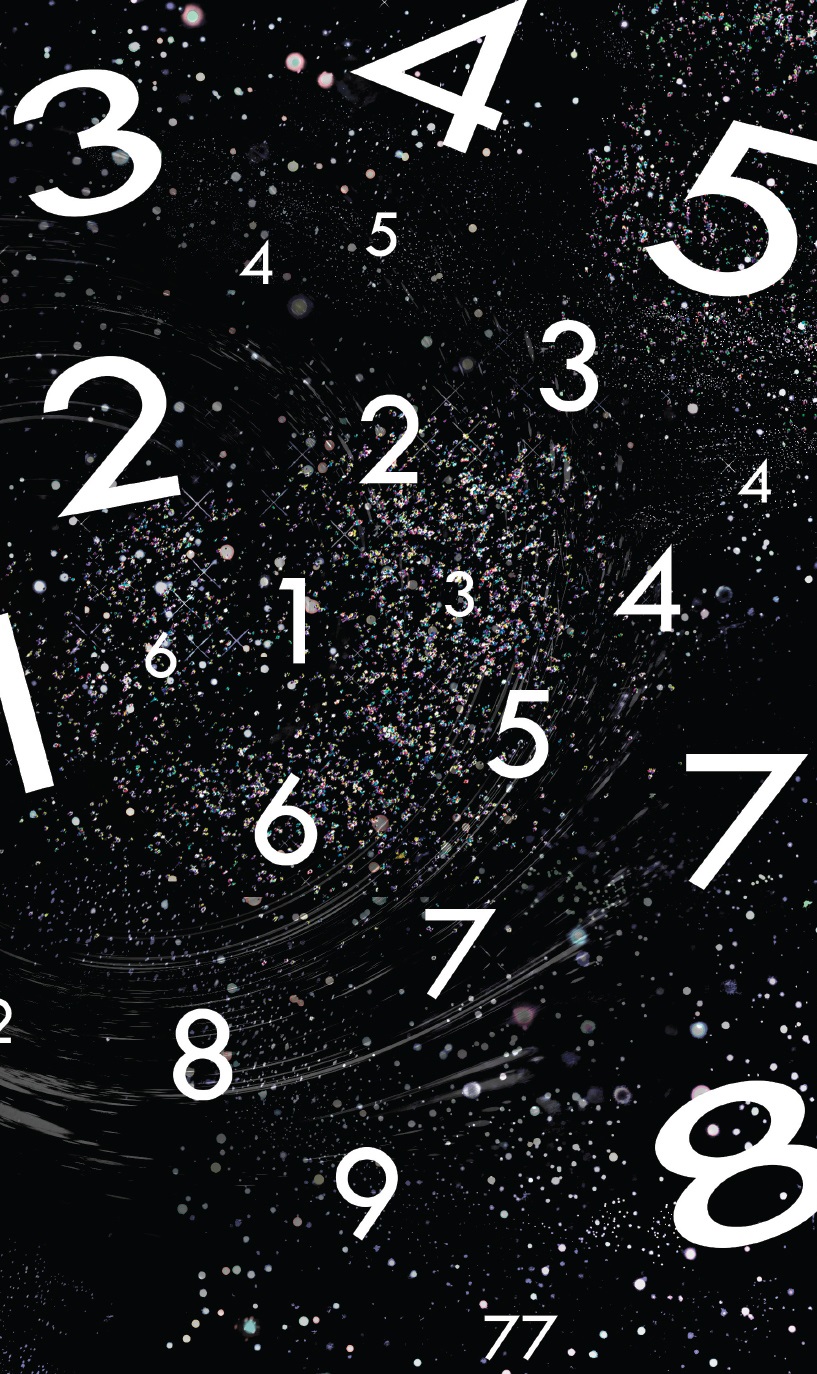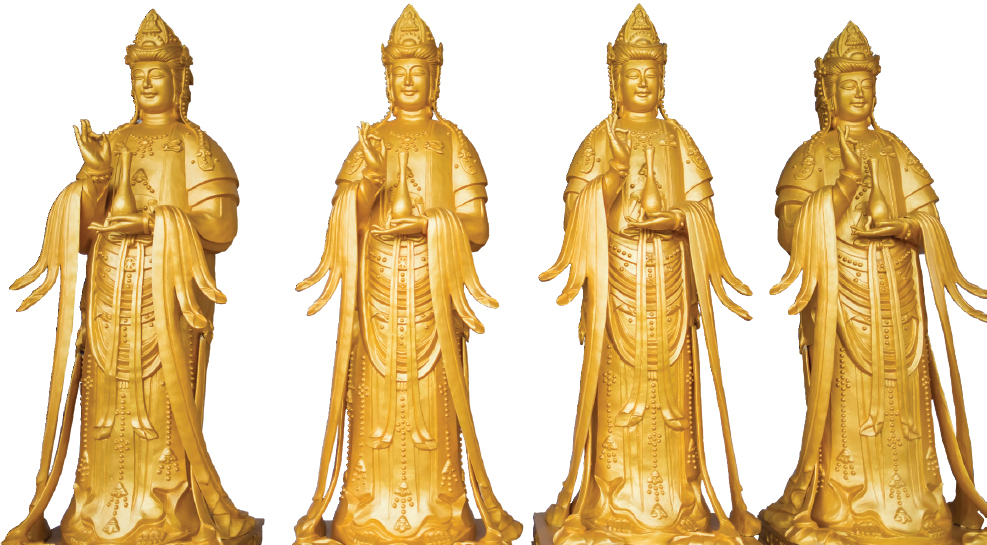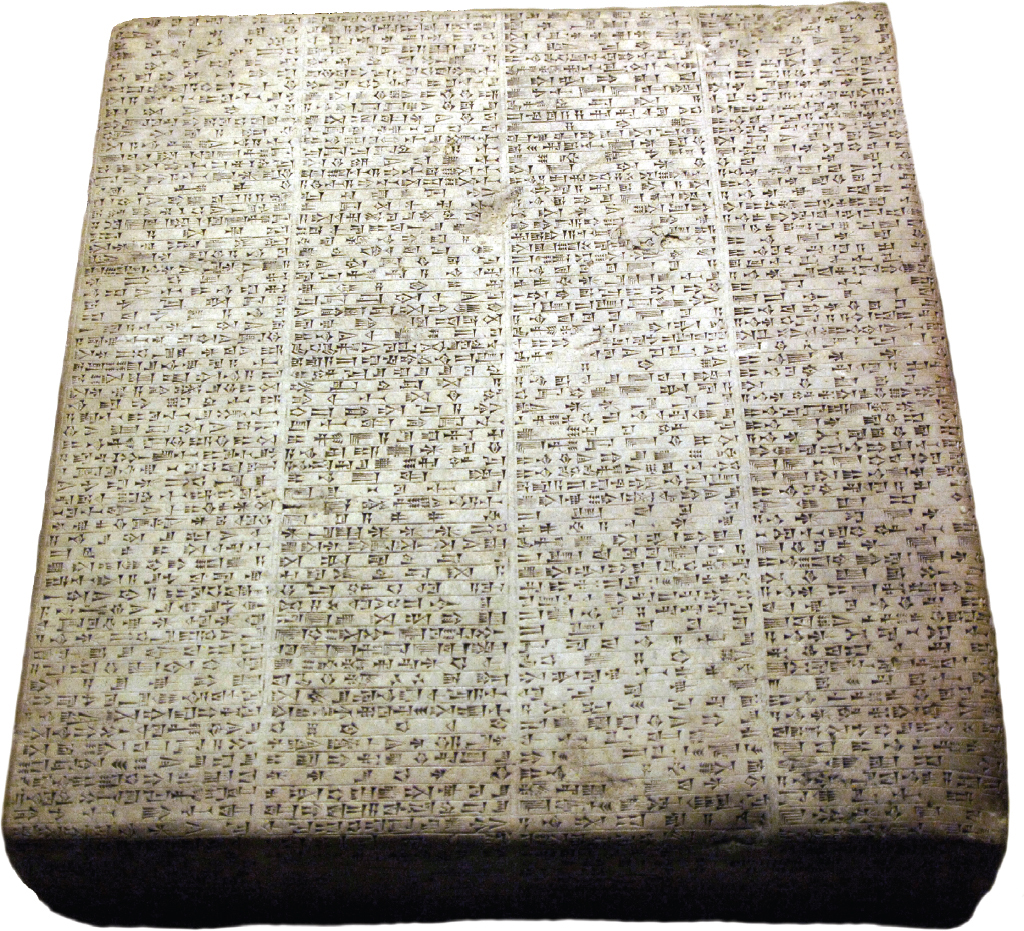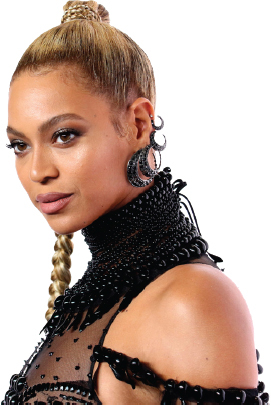Megan Atwood is an author and creative writing professor in South New Jersey. She loves spending time reading peoples palms, calculating their numerology, understanding their astrology, and reading their tarot cards. When she is not writing or teaching, Megan is playing with her cats and dreaming up new ways to learn about the psychic arts.
Rachel Tesch is a graphic designer from Waconia, Minnesota. She found a love for book design while exploring typography and found photos in art school. When she is not working, she is watching Hulu, researching unexplained phenomena, and crushing her friends at Nintendo games.
Do you have a favorite number? Are you drawn to numbers in any way? If so, chances are youre a budding numerologist. Numerology shows you how to find different numbers that describe you, using birth dates, names, or other indicators. People who believe in numerology think that certain numbers have vibrations with characteristics attached to them. They believe these numbers can show us who we are and where were going.
SUPERSTITIONS ABOUT NUMBERS AROUND THE WORLD
Heres a funny word: triskaidekaphobia. Its the fear of the number 13. Youre probably aware of this random fear if you live in the West, especially in the U.S. Friday the 13th is supposed to be scary, and some buildings dont even acknowledge they have a 13th floor; they say its the 14th. Many people think these fears come largely from Christian traditions. In any case, they have spread throughout U.S. culture. Below are some other numbers that get a bad rap around the world:
9: In the Japanese language, the number 9 sounds a lot like the word for suffering. And who wants that?
4: In China, people avoid the number 4 because the pronunciation of the word sounds like death. Some buildings in China dont have a 4th floor.
39: In Afghanistan, the number 39 is considered unlucky. People will even switch their telephone number if it has 39 in it!
7: If you live in Benin, Nigeria, Kenya, or Chad, you might think that numbers ending in a 7 are unlucky. (But in the United States, 7 is considered lucky.)
17: Some Italians think the number 17 is unlucky because rearranging the Roman numerals XVII can look like the words, I lived, or, in other words, death.
Think of the way you relate to numbers right now: Do you avoid the number 13? Adore 7 as the perfect number? People around the world love and hate various numbers, and these preferences affect their lives. Looking at just a few religious systems, you can see that certain numbers are sacred or at least associated with the sacred: The trinity (3) in Christianity is holy; there are 4 noble truths in Buddhism; Islam has 5 pillars. And those are just three of the worlds religions. People have given a lot of meaning to numbers. Many of us, whether or not we realize were doing so, spend a lot of time applying that meaning to our lives.
Whether you are reading this book because you want to find out your lifes purpose or what school subjects you should gravitate towardor even if youre just in the mood for a fun study breaknumerology can give you all that and more.
As with any psychic art, though, keep in mind that only YOU control your destiny. Whether youre a life path 4 or destiny 8, your life is yours and the choices you make are what shape your life. Psychic arts point out tendencies, but they never tell you exactly who you are or where youre going. YOU get to decide that, always.
CHAPTER 2
NUMEROLOGY THROUGH THE AGES: THE HISTORY AND SCIENCE OF NUMEROLOGY
No one knows when numerology began. Credit is given to China, Egypt, Greece, Atlantis, Babylon, and India. The oldest system of numerology on record seems to come from the Chaldeans (C. 612539 BC) in southern Babylonia. For centuries people have explored the art of numerology, looking to numbers for answers in their day-to-day lives.
a cuneiform tablet from the Chaldean dynasty
The numerology system most commonly used now is based on the Pythagorean system of numbers. If that word rings a bell, it might be because geometry is based on that system too. It was invented by a Greek man named Pythagoras about 2,500 years ago. Pythagoras was interested in the principles of numbers and mathematical systems. He also combined letters with numbers.
Fast-forward a couple of thousand years to Mrs. L. Dow Balliett (18471929), who began adding characteristics and associations to numbers and their vibrations. Dr. Julia Seton (18621950), a huge fan of Ballietts work, further renewed interest in this system of combining letters with numbers and came up with the name numerology. Setons daughter, Juno Jordan (18841984), continued her mothers work.
These days, theres a lot more interest in numerology. More and more celebrities and sports fans are digging into the fun and insight that can be had with favorite numbers and their meanings. Beyonc and her husband, Jay-Z, love the number 4. Beyonc even has it tattooed on her finger! Beyonc was born on September 4 and Jay-Z was born on December 4, and they got married on April 4. Their daughters name (Blue Ivy) can be shortened to IVthe Roman numeral for the number 4.
If youre a Swiftie, you know that your favorite singer, Taylor Swift, is not shaking off the number 13. Not only is she not afraid of the number 13, but she also uses it over and over in some of her songs. (She was born on December 13.) In a couple of her songs, the intros last exactly 13 seconds. Coincidence?

